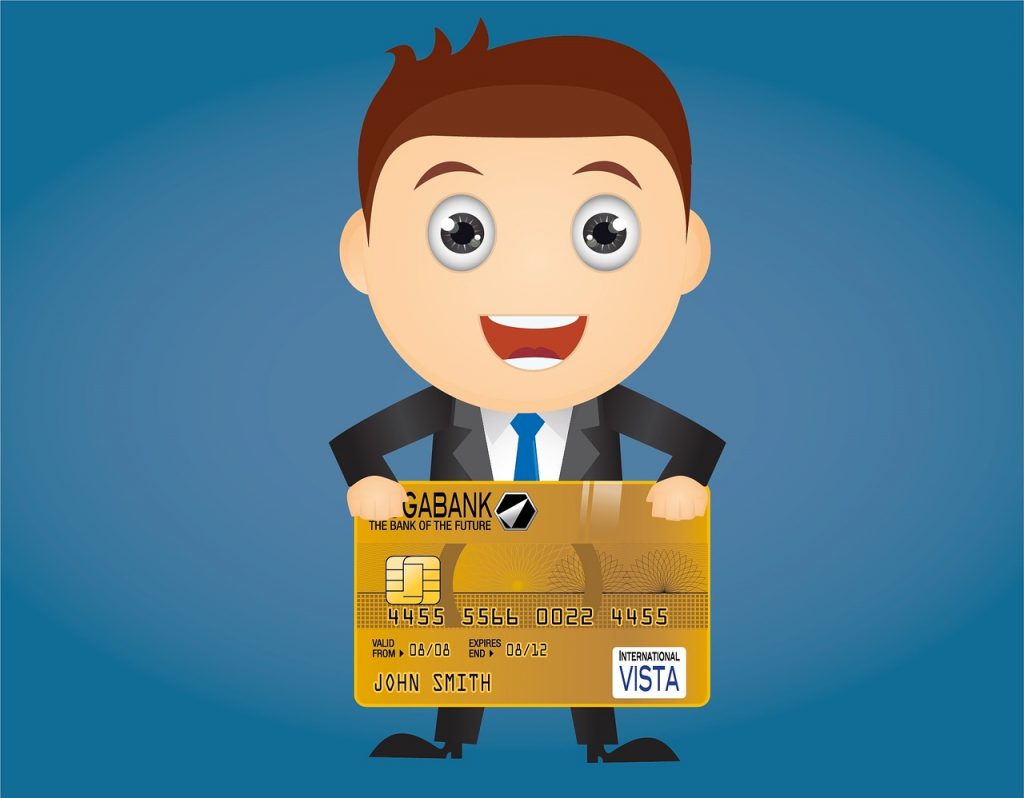Tips for choosing a business credit card

A credit card can serve as a short term solution for small scale financing. Offering entrepreneurs a “foot in the door” with a lender. Think of it as a chance to build your business credit rating as you work hard to grow a profitable business. Stick to this strategy and in the not-so-distant future you’ll be in a good position to qualify for a proper loan.
These days, credit card issuers, banks, and credit unions offer a rotating cycle of credit card promotions designed to attract small business owners. This article will help you decide which is the best option for you.
Know the score
A lender will want to look at both your personal credit score and your business credit score (if you have one) when assessing your credit card application.
Before you apply, make sure you have a strong personal credit rating—especially if you haven’t built up a credit history for your business. You can check your credit scores using a free service like Experian.
Once you know your score, a quick Google search can point you in the right direction toward credit cards you might qualify for based on your results.
Choose the right card for your needs
If you’re a brand new start up without a business credit history, it will be up to a lender to tell you which offers you qualify for based on your application. Although a no-fee credit card with a low interest rate is ideal for a young business without cash to spare, unfortunately it’s the “low-risk” established companies who typically qualify for the best offers.
When you are given a choice of cards, the best one for your business will depend on your borrowing needs and spending habits. Most cards come with perks that will appeal to different entrepreneurs. For instance, some airline credit cards reward the card holder for the travel they regularly do for their business, while others offer a percentage of cash back on spending at restaurants or discounts with certain retailers and suppliers.
Look at your record of expenses for the last six months to get a good picture of the perks that would really benefit your business—then seek out a card that aligns with your company’s purchasing needs.
Compare the costs
As you compare credit cards it will become readily apparent that not all are created equal when it comes to one major concern: affordability.
If a card appeals to you for its perks but its annual fee and interest rate trigger sticker shock, you’ll need to make your decision based on value. Use your financial records to calculate your return in cash back, discounts, and other incentives and then compare the card’s true worth against the costs.
Be sure to talk to your consultant about credit card annual fees and late charges incurred for carrying a balance; depending on where you live, they may be tax deductible.
Final thoughts
When you’re awarded a business credit card, be sure you never miss a payment to avoid incurring interest fees or getting yourself into debt. Make it a habit to monitor your business score at least twice a year to ensure there are no errors negatively impacting your score. Recent research showed that 60 percent of small and mid-sized business owners don’t know their business credit scores—and half were unaware they even had one.
